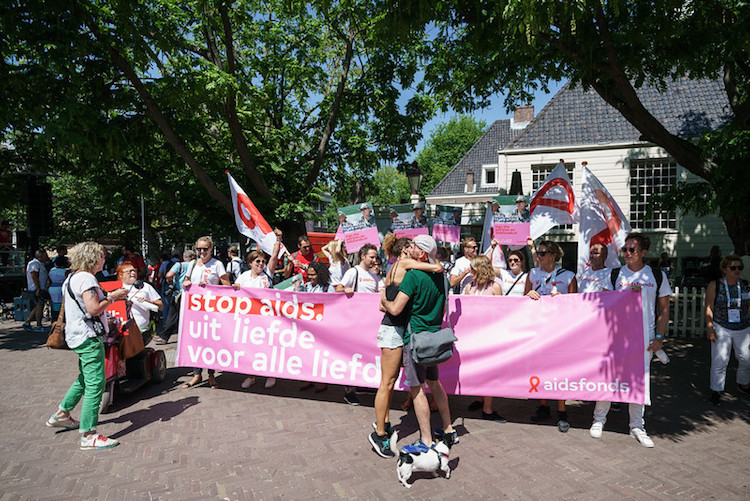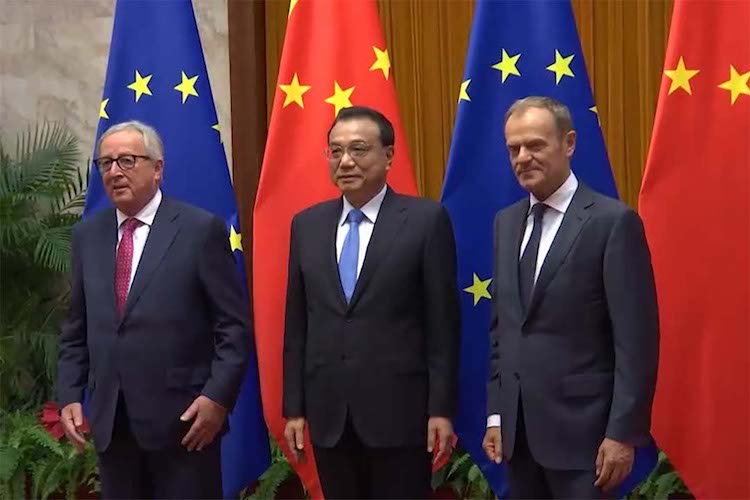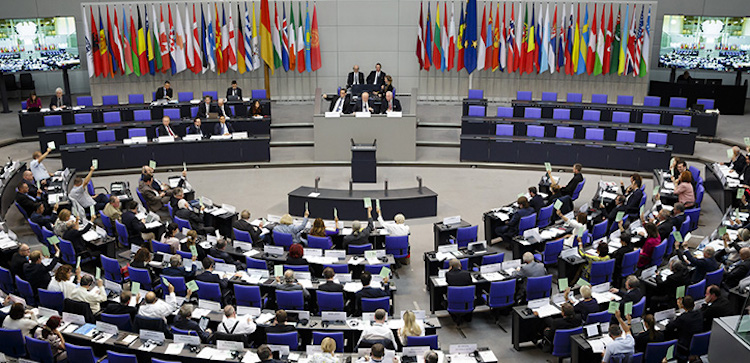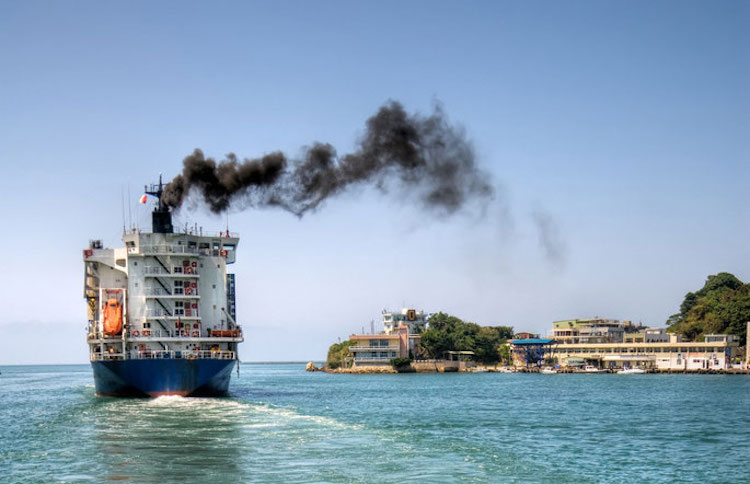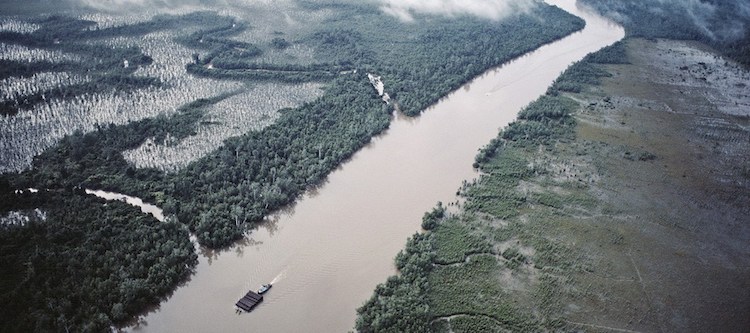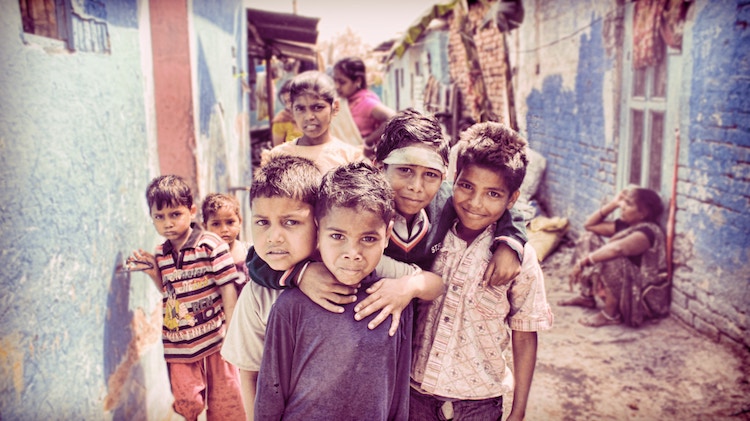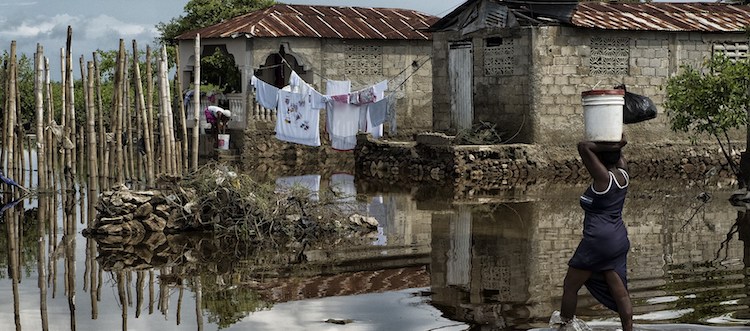By Rita Joshi BERLIN (IDN) – Planet Earth is inching towards crossing the Rubicon by passing a tipping point and entering an irresistible “Hothouse” state. Rivers would flood, coasts would vanish, storms would wreak havoc on coastal communities, coral reefs would be eliminated, and numerous people would perish because of food scarcity and inescapable lethal […]
ACP Group Striving for Interrelated Sustainable Development
By Reinhard Jacobsen BRUSSELS (ACP-IDN) – The Sustainable Development Goals (SDGs) of the 2030 Agenda for Sustainable Development adopted by world leaders in September 2015 at an historic UN Summit opens a new era for a repositioned African, Caribbean and Pacific Group (ACP Group) to continue and deepen its decisive role in supporting all 79 […]
AIDS 2018 Conference Trying To Break Barriers, Build Bridges
By Lisa Vives, Global Information Network NEW YORK | AMSTERDAM (IDN) – The International Conference on AIDS (AIDS 2018) – the largest gathering on any global health issue in the world – opened in Amsterdam, the Netherlands, on July 23 under the title Breaking Barriers, Building Bridges. With hundreds of scheduled talks and roundtables, the […]
Climate Change ‘Main Pillar’ of EU-China Relations
By Robert Johnson BRUSSELS (IDN) – Collaboration between the European Union (EU) and China on climate change and clean energy is set to become “a main pillar” of their bilateral partnership, including in their economic relations, according to a joint statement. Titled EU-China Leaders’ Statement on Climate Change and Clean Energy, the statement underlines their […]
UN University Supports Iceland in Facilitating Developing Countries’ Access To Geo-Energy
By Lowana Veal REYKJAVIK (IDN) – 439 million Asians and 588 million sub-Saharan Africans lack access to electricity, according to the International Energy Authority’s Energy Access Outlook. The situation is worse for those living in rural areas: although 98 percent of urban Filipinos have access to electricity, this is only true for 84 percent of […]
300 Parliamentarians Call For Commitment To UN Charter
By Jutta Wolf BERLIN (IDN) – More than 300 parliamentarians representing the collective voice of one billion people from Vancouver to Vladivostok adopted a 76-page declaration on July 11 expressing deep concern about unresolved conflicts and nuclear weapons threats, and proposing measures that should be taken to rebuild peace and security in Europe. The members […]
Worldwide Shipping Could Jeopardise Climate Goals
By Sean Buchanan LONDON (IDN) – Worldwide, shipping contributes an estimated 2.5 percent of global emissions, but left unchecked this could grow to 17 percent by 2050, warns Transparency International – an international non-governmental organisation based in Berlin. Failure to dramatically reduce the sector’s greenhouse gas (GHG) emissions, says the NGO, will jeopardise the pledges […]
Unrestricted Economic Welfare Menaces Human Well Being
By Rita Joshi BERLIN (IDN) – The Sustainable Development Goals and the Paris climate agreement set the target of prosperous development for people and our planet. Yet, it remains challenging to translate these aims into concrete policy implementations without risking human welfare and the Earth ecosystem. A new climate study argues that optimizing economic welfare […]
The Poverty Trap Has Deadly Consequences
By J W Jackie RENO, Nevada, United States (IDN) – The United Nations Sustainable Development Goals (SDGs) set out a global pathway to end inequality and improve the health of the world. The SDG agenda sets out the case very clearly that trade, healthcare, gender inequality, poverty, disease, environmental protection and a range of other key […]
Experts Debate Digital Media’s Role in Tackling Global Inequalities
By Kalinga Seneviratne BONN (IDN) – ‘Global Inequalities’ was the theme of this year’s Global Media Forum (GMF) hosted by the German public international broadcaster Deutsche Welle, and much discussion focused on whether the digital media tools are a panacea or a hindrance to achieving a more equitable world. In an opening address, Germany’s Minister […]



